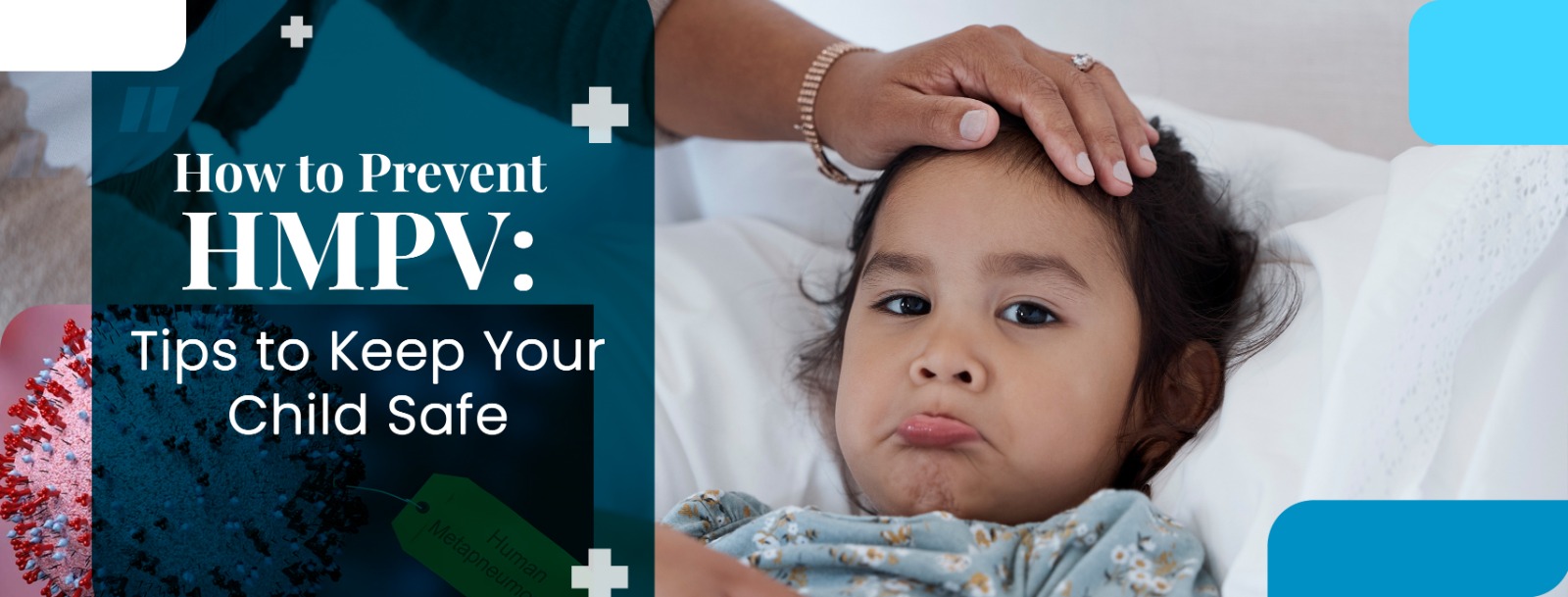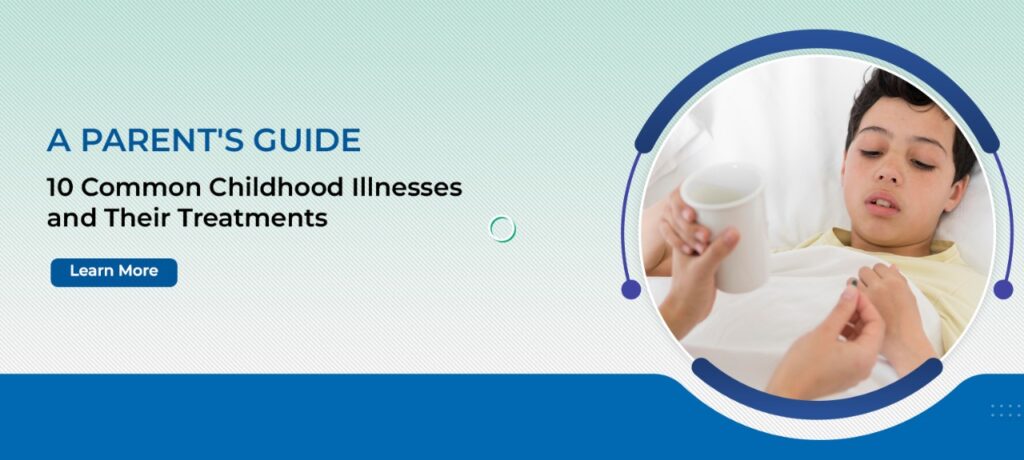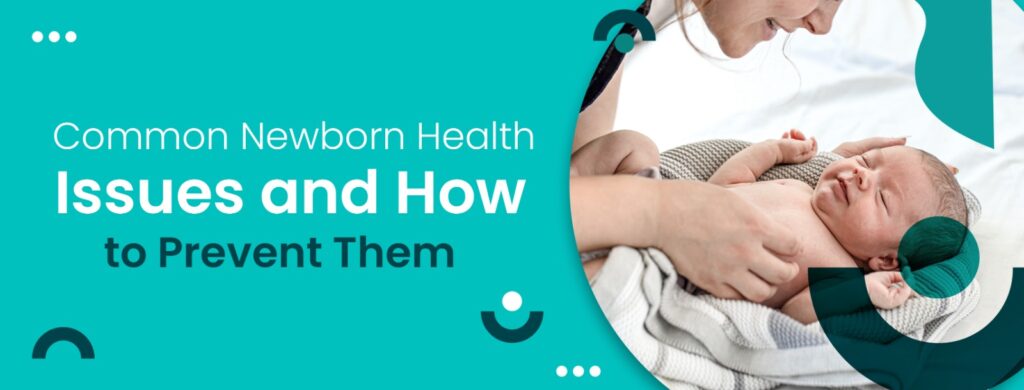HMPV is a common respiratory virus that affects people of all ages, especially children. While it often causes mild cold-like symptoms, it can lead to severe respiratory issues in young children, older adults, and those with weakened immune systems. As a parent, it’s important to know how to protect your child from this virus. Here are some simple and effective tips to keep your little one safe.
1. Teach Good Hand Hygiene
Frequent handwashing is one of the best ways to prevent the spread of HMPV. Teach your child to:
- Wash their hands with soap and water for at least 20 seconds, especially after coughing, sneezing, or playing outside.
- Use hand sanitizer when soap isn’t available.
Encourage handwashing before meals and after touching shared surfaces like doorknobs or toys.
2. Avoid Close Contact with Sick People
HMPV spreads through coughing, sneezing, or touching contaminated surfaces. Try to keep your child away from people showing cold or flu symptoms. If someone in your home is sick, ensure they cover their mouth and nose when coughing or sneezing and wash their hands regularly.
3. Keep Your Home Clean
Disinfect commonly touched surfaces such as:
- Door handles
- Light switches
- Toys
- Tablets and smartphones
This helps eliminate germs and reduces the chances of your child catching HMPV.
4. Practice Healthy Habits
A strong immune system can help your child fight off infections. Make sure your child:
- Eats a balanced diet rich in fruits and vegetables.
- Gets plenty of water to stay hydrated.
- Sleeps enough every night (10–12 hours for younger kids).
Physical activity also helps boost immunity, so encourage outdoor play whenever possible.
5. Teach Respiratory Etiquette
Show your child how to cough or sneeze into their elbow instead of their hands. Provide tissues and encourage them to use and dispose of tissues properly. These small habits can help prevent the virus from spreading.
6. Keep Your Child Home When Sick
If your child develops cold-like symptoms, such as coughing, fever, or a runny nose, keep them home from school or daycare. This not only helps them recover faster but also prevents the virus from spreading to others.
7. Monitor Seasonal Outbreaks
HMPV is more common during the winter and spring months. Be extra cautious during these times, especially if your child has a history of respiratory issues.
8. Consult Your Paediatrician
If your child shows severe symptoms like difficulty breathing, high fever, or persistent coughing, seek medical advice immediately. Early treatment can help prevent complications.
Conclusion
HMPV can be worrying, but by following these simple prevention tips, you can significantly reduce the risk of infection for your child. Remember, good hygiene, a healthy lifestyle, and staying alert to symptoms are key. As a parent, your proactive steps make all the difference in keeping your child safe and healthy.
Stay informed, stay prepared, and let’s keep our children safe from HMPV.
If you want any consultation must contact Dr. Prabhas Prasun Giri




